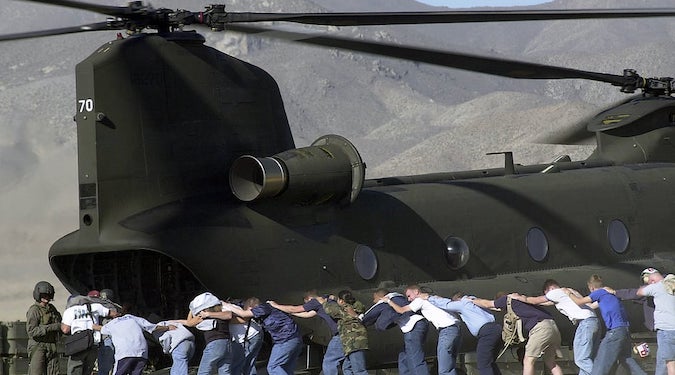Robert A. James reviews the surprising history of the United Nations Security Council veto, the five permanent members solution, and the various alternatives proposed during the discussion. Although the current Security Council format appears historically inevitable, there is ample evidence of alternative formats suggested at the time of the construction of the United Nations. Beginning… Continue reading The San Francisco Conference and the Evitable UN Vetoes
Category: International Security
The Protection of Nationals Abroad and Non-Combatant Evacuation Operations in Times of Crisis
Ronald Alcala and Hitoshi Nasu discuss the legal basis for conducting non-combatant evacuation operations (NEO), a type of military operation conducted in a foreign state’s territory, designed to protect and rescue the operating state’s nationals. The legality of such operations has been debated for decades, and the potentially associated legal constraints surrounding them may hinder… Continue reading The Protection of Nationals Abroad and Non-Combatant Evacuation Operations in Times of Crisis
China’s Anti-Monopoly Merger Control and National Security: Interactions with Foreign Investment Law and Beyond
Unlike the United States or the European Union, China has adopted a unique approach that combines foreign investment law and anti-monopoly law to protect national security in merger transactions. Meirong Jin and Qian Li argue that anti-monopoly merger control has been an indispensable part of China’s national security protection framework, with four characteristics that make… Continue reading China’s Anti-Monopoly Merger Control and National Security: Interactions with Foreign Investment Law and Beyond



